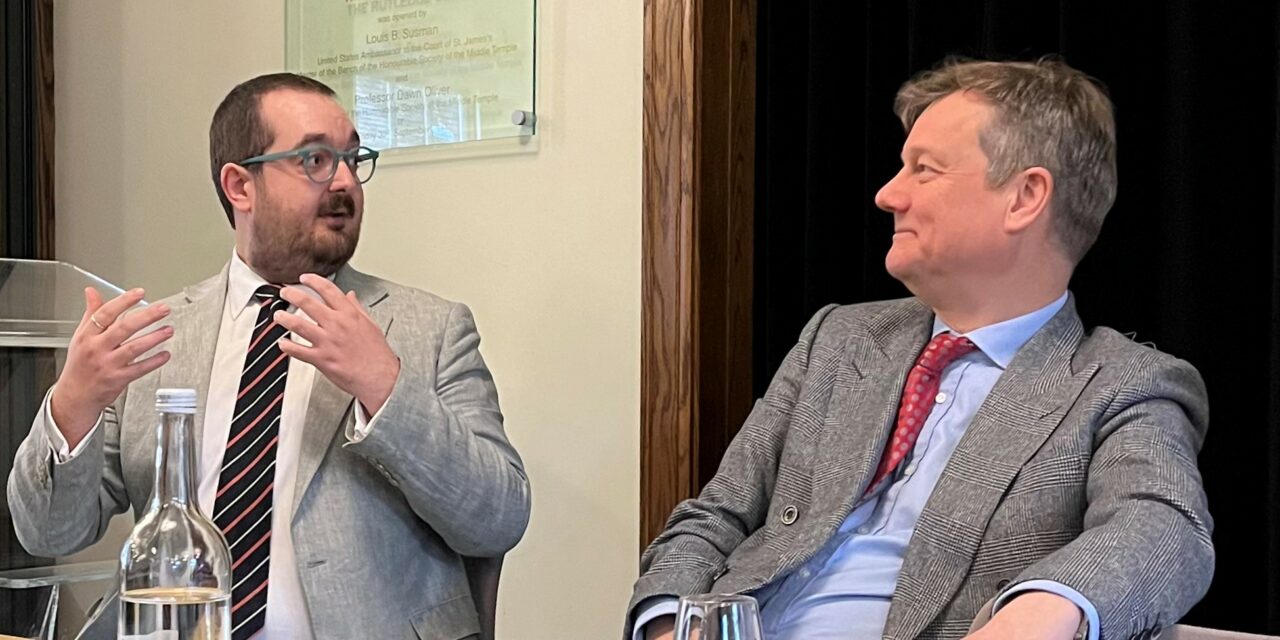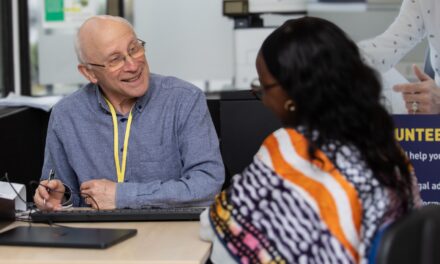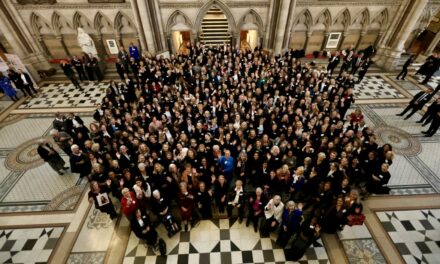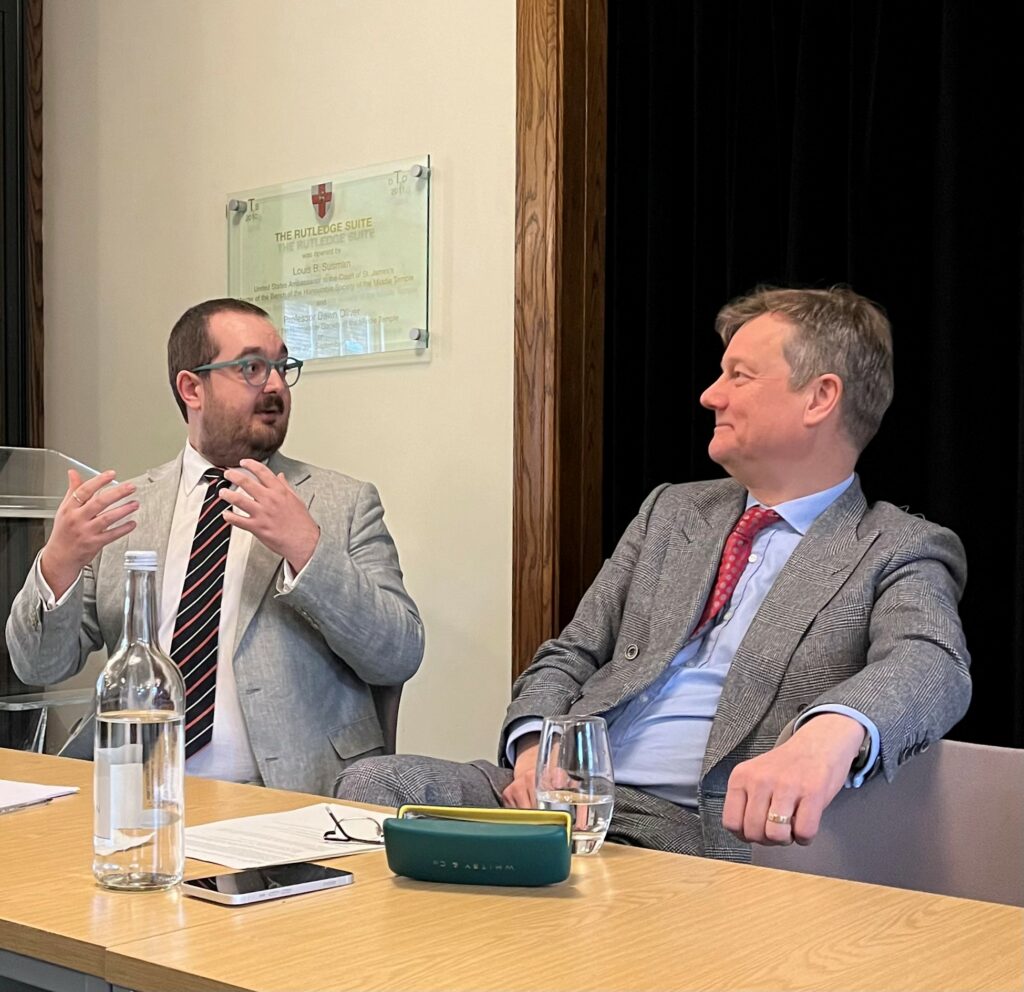
In the first decade of the 20th Century, French academic René Demogue said that questions of legal status are foundational to our understanding of legal systems and their operation. He argued they are the building blocks from which the very concept of law itself is constructed – but he also believed that they received disproportionately little attention from both scholars and practitioners. Were he to time travel to our jurisdiction in 2024, he may be disappointed to realise that little appears to have changed since he wrote these words – and perhaps as a result of this lack of attention that the question of whether a machine might one day be legally recognised as a person appears to be so contentious. By writing this piece, which covers some of the terrain we covered in our Sherrard Conversation of the same title on Thursday 18 April 2024, we hope to reassure Demogue that the topic is one that is beginning to be examined seriously here in England and Wales.
But before we explore this example in full, perhaps a little more ought to be said about exactly what we mean by the term ‘legal status’. The concept is one that can trace its modern origins back to Roman Law and the Institutes of Gaius, which stated that all aspects of the world around us were categorizable as either a ‘legal person’ or as a thing/property. On this orthodox understanding, the term ‘legal person’ is nothing more than a label that denotes that the bearer is capable of bearing legal rights and/or duties. The very word ‘person’ derives from the same etymological root as ‘mask’ and its usage in this context is analogous: by being labelled ‘person,’ an entity becomes visible to the legal system. Things, by contrast, are incapable of bearing legal rights and/or duties due to the absolute and overriding nature of the interests of the owner. Furthermore, it is commonly understood that the power to decide whether or not the entity before them is legally a person or a thing is entirely at the discretion of legal officials – and that they have absolute discretion in this regard.
A result of this absolute discretion is that the term ‘legal person’ is not, and never has been, synonymous with how we might use the term ‘person’ in everyday speech – as synonymous with the term ‘human being.’ We need not look very hard to find examples that starkly demonstrate this point: one of the reasons provided by the court for upholding the rule that women could not become practicing lawyers in Bebb v The Law Society [1914] 1 Ch. 286 was that – were they to marry – their legal personhood would be subsumed into that of their husband. They would cease to exist as a separate legal person, and it would be improper to burden a hypothetical, future, prospective husband with contractual obligations that she entered into before subsuming her personhood into his. At the same time Bebb was decided, corporations – something we might all be familiar with as an example of a non-natural legal person – had even more rights than they do now, including the right to have a vote exercised on their behalf in general elections in the constituency in which they were registered.
The point to take here is this: the idea of legal personhood is no more than a legal artefact. It is a label that is used by legal systems to denote that an entity can bear a specific and designated set of rights and/or duties. Nobody who endorses the idea of corporate legal personality is suggesting that the corporation is a human being with exactly the same rights as you or I. Likewise, the bench in Bebb were not denying that Gwyneth Bebb was not a human being who did not enjoy other legal rights – for example, a legal right not to be the victim of a crime. Rather, the claim is that instrumental reasons, grounded in the values and prejudices of a given society, are being used to justify the ascription or denial of specific legal rights and/or duties according to what is perceived as instrumentally valuable to that same society. Legal personhood in both examples is being attached to very limited and specific legal rights, rather than being analogous to a claim that the entity ought to be recognised as of a similar moral or metaphysical status to a human being.
Having clarified what we mean by the term, we can now turn to the specific question of whether a machine might be a person. We were initially invited to chair a Sherrard Conversation on this topic because we have both been confronted by an adjacent question in our professional lives. Master Colin Birss was a judge on the panel which heard Thaler v Comptroller-General of Patents, Designs and Trade Marks [2021] EWCA Civ 1374 in the Court of Appeal. The legal questions asked of the court included whether an AI system created by Dr Thaler and known as the Device for the Autonomous Bootstrapping of Unified Sentience (DABUS) was an inventor for the purposes of ss.7 and 13 of the Patents Act 1977. On the account of legal personality outlined above, to answer this question in the affirmative could be regarded as equivalent to recognising a limited instance of legal personality attached exclusively to this status as ‘inventor’. The bench held that the statutory definition of inventor was restricted to human beings and so DABUS could not be considered an inventor and was therefore not capable of holding a right to patent an invention. Without a person to bear that right in the first place, the right to a patent could not then be passed onto another person (Dr Thaler) who was seeking to have the patent granted to him.
This decision was upheld on appeal by the Supreme Court. But though both of us are in agreement that neither DABUS or the current law is there yet, we are open minded to the possibility that a future machine might more appropriately be said to be an inventor and that a future law might coherently recognise that. And if this were the case, and a corollary of this recognition was that a machine had an aspect of legal personality recognised? Then so be it. Perhaps in a proper case a machine could be taken to bear certain specific kinds of legal right, capable of being transferred, even if the machine had no other rights or duties associated with legal personhood. Given what the term ‘legal person’ means, we ought not to be concerned about this – it is merely descriptive of the legal reality that doing so would entail.
However, the word ‘person’ is loaded to a greater or lesser extent, and it is hard to see past its ordinary meaning to the narrow and technical meaning that we have sketched here. It might therefore be better that this be something that is addressed by the legislature, as was recently done in Utah, where House Bill 0249 denied legal personhood to AI and entered into law on Wednesday 20 March 2024. This may also be an avenue through which the corollary of the scenario we have outlined could be addressed – whether a machine ought to bear legal duties. This was recently considered in British Columbia when Air Canada attempted to avoid liability for a negligent misstatement by suggesting its chatbot, on whose advice the claimant replied, acted out of its own agency. This was rejected; but although this might have been the first time the law has been confronted with this novel situation, it won’t be the last. The question of machine personhood won’t go away, and it is a question we think the law ought to examine seriously.
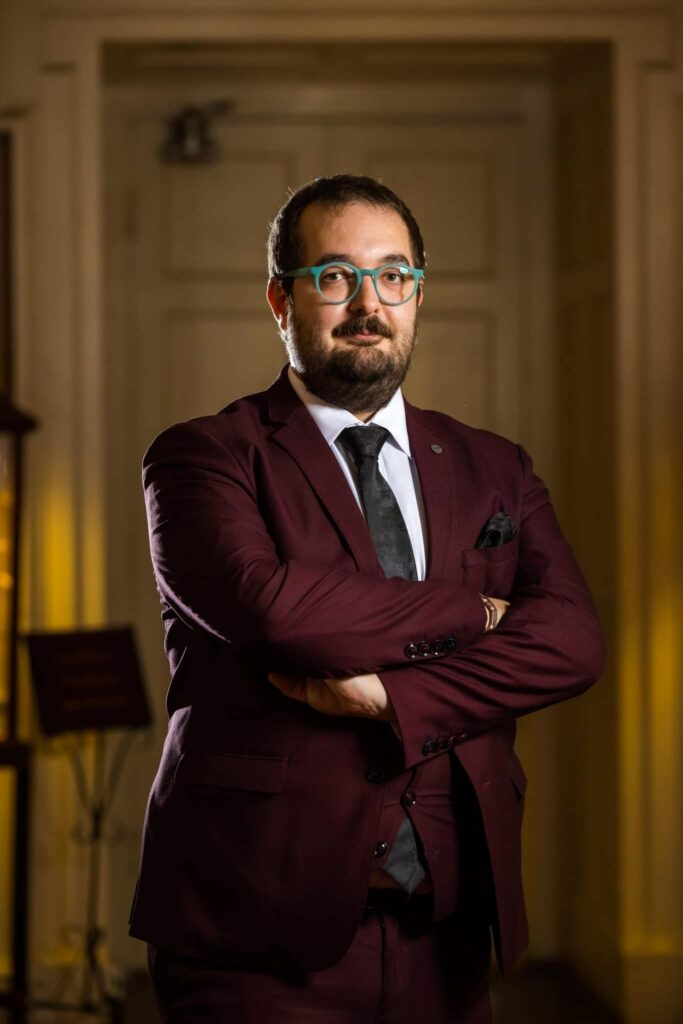
Josh is a Senior Lecturer working in legal theory at Newcastle Law School in the United Kingdom. His current research interest is in the concept of legal status in the natural law tradition, building on the theory defended in his award-winning monograph Agency, Morality and Law (Hart 2023). He has spent time as a visiting researcher at the Cambridge Centre for Animal Rights Law and the Max Planck Institute for Comparative Public Law and International Law, and in 2024 will be taking up a visiting position at the Library of Congress. He is currently co-convenor of the Jurisprudence subject section within the Society of Legal Scholars and serves as an institutional chair in the Juris North legal and political philosophy discussion group. He was the first in his family to attend university and remains heavily involved in outreach work to encourage greater participation in legal study from underrepresented groups.
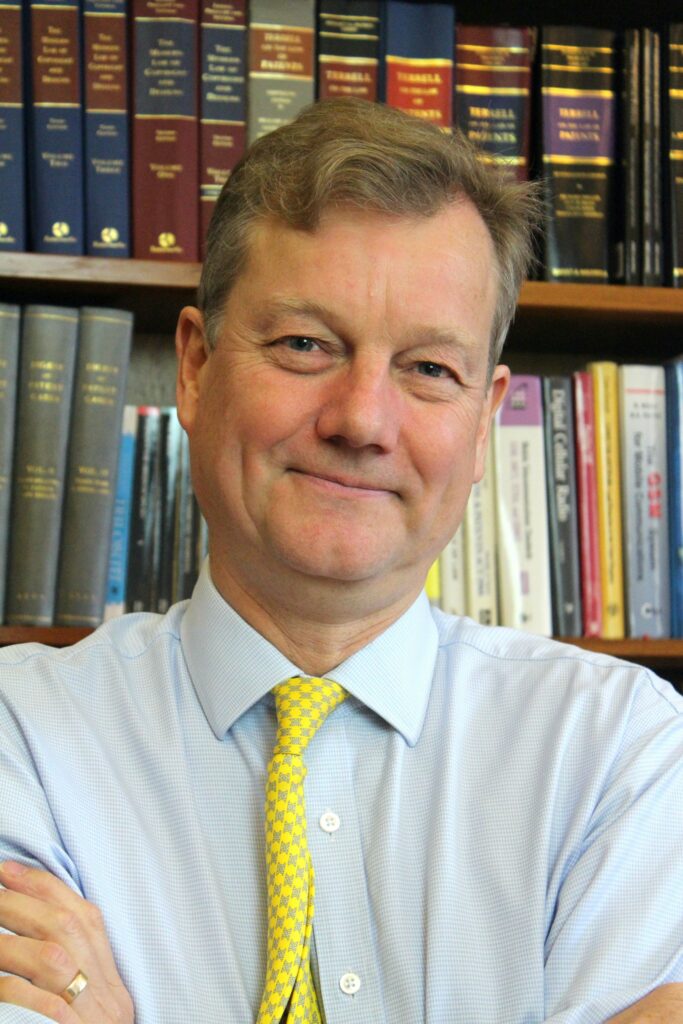
Called in 1990, Colin Birss was standing counsel to the Comptroller General of Patents, Designs and Trade Marks from 2003 to 2008, and took silk in 2008. In October 2010 he was appointed as both the Specialist Circuit Judge of the Patents County Court and the Chairman of the Copyright Tribunal. He received a section 9(1) authorisation very shortly after appointment and has already heard a number of substantial matters in the High Court. He served on the BSB Professional Conduct Committee and was a supporter of the Bar Pro Bono Unit. He has taught ethics to Middle Temple students and has interviewed scholarship applicants.

